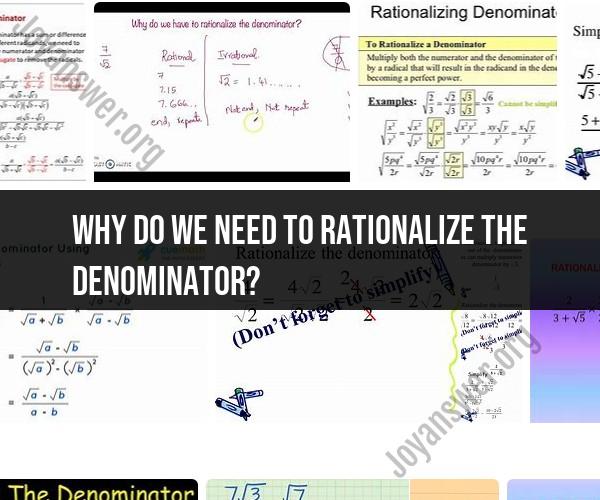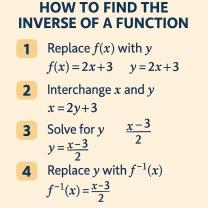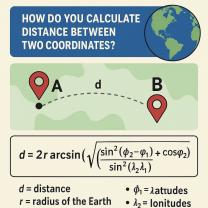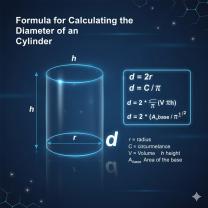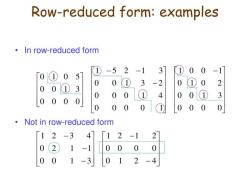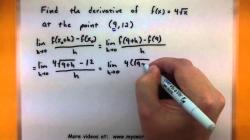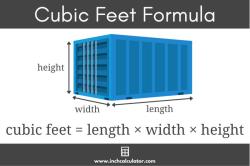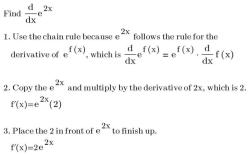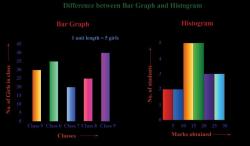Why do we need to rationalize the denominator?
Rationalizing the denominator is a mathematical technique used for several reasons, primarily to enhance mathematical clarity and facilitate calculations. Here are the key reasons why we need to rationalize the denominator:
Mathematical Clarity: Rationalizing the denominator makes mathematical expressions and equations clearer and more standardized. It replaces radical expressions in the denominator with simpler, rational numbers, which are easier to work with and understand.
Standard Fraction Form: Rational numbers (fractions where both the numerator and denominator are integers) are considered a standard and fundamental form for representing numbers. Rationalizing the denominator allows us to express numbers in this standard form, making it easier to perform arithmetic operations and comparisons.
Easier Arithmetic: Arithmetic operations, such as addition, subtraction, multiplication, and division, are simpler when working with rational numbers rather than radical expressions. Rationalized denominators make these operations more straightforward and less error-prone.
Solving Equations: Rationalizing the denominator is often necessary when solving equations that involve radical expressions. It helps isolate the variable and find solutions more efficiently.
Simplifying Expressions: Rationalizing the denominator is a crucial step in simplifying expressions, especially in algebra and calculus. Simplified expressions are easier to analyze and manipulate.
Comparing Fractions: When comparing fractions, it's much easier to determine which fraction is larger or smaller when both fractions have rational denominators. Rationalizing the denominators allows for straightforward fraction comparison.
Common Denominator: In some mathematical contexts, such as adding or subtracting fractions, having a common denominator is essential. Rationalizing denominators ensures that all fractions involved in a calculation have the same type of denominator, making the calculation possible.
Evaluating Limits: In calculus, rationalizing the denominator is often a necessary step when evaluating limits. It helps remove indeterminate forms and allows for the direct application of limit rules.
Simplifying Radicals: Rationalizing the denominator is also part of simplifying square roots and other radical expressions. It helps express these expressions in their simplest form.
Solving Real-World Problems: In real-world applications of mathematics, rationalizing the denominator can help provide more practical and understandable solutions. It's especially useful when dealing with measurements, engineering, and scientific calculations.
Overall, rationalizing the denominator is a fundamental skill in mathematics that contributes to mathematical clarity, simplifies calculations, and ensures that mathematical expressions are in a standard, easy-to-understand form. It is a valuable technique for students, professionals, and anyone working with mathematical concepts and calculations.
